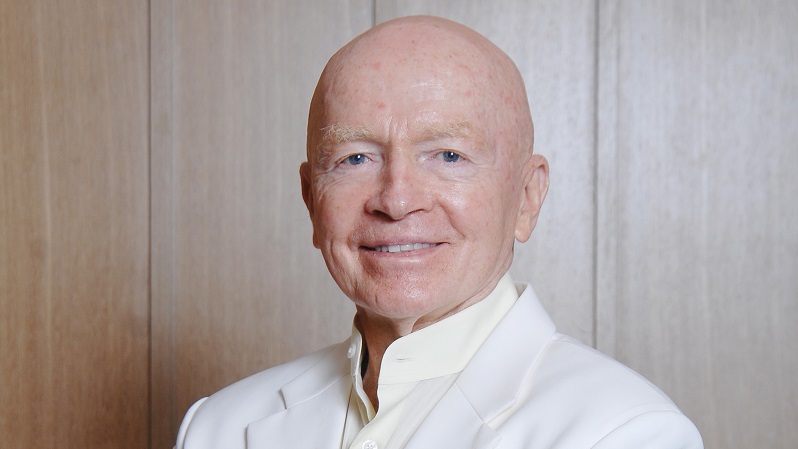Mobius Capital Partners has announced its intention to launch an investment trust that would rival Templeton Emerging Markets investment trust, where fund managers Mobius and Carlos Hardenberg earned their track record.
The boutique asset manager had been touting its plans to launch a Luxembourg Sicav, but a regulatory filing on Monday morning revealed the firm is planning an investment trust for small and mid-cap companies. It will invest in companies with potential for operational and environmental, social and governance (ESG) improvements.
AJ Bell head of active portfolios Ryan Hughes expected the Mobius Investment Trust would pick up flows from Temit. “Those people who had been long-term holders in [Mobius’ and Hardenberg’s] previous strategies would no doubt be interested in what they’re doing now,” Hughes said.
Franklin Templeton Investments announced Hardenberg’s exit in February just a day after Mobius retired from the firm. Less than three months later, Mobius Capital Partners announced Hardenberg and Greg Konieczny, another alumni of Franklin Templeton Investments, would join Mobius as partners in the emerging markets boutique.
Sicav versus investment trusts
“Given the volatility in emerging markets at the moment, the investment trust structure could certainly be a plus at the moment,” said Hughes. “They also might want to take advantage of gearing opportunities.”
International Adviser’s sister publication Portfolio Adviser understands plans for the Sicav remain in place and the investment trust will be a sister strategy.
Hughes said a Luxembourg-based Sicav will appeal to the European market, while a London-listed investment trust appeals to a slightly different investor base. However, he said there is no reason for UK investors to shun a Luxembourg-domiciled fund if they are investing via a tax wrapper, such as an Isa or Sipp.
“The way I often look at investment trusts when there’s a competing Sicav or Oeic is to look at the gearing. Whether I want gearing or not depends on what stage of the cycle we’re in.”
Global Emerging Markets investment trust discounts
The investment trust would likely sit in the Global Emerging Market sector, which includes 12 other strategies, which trade currently at an average weighted discount of 10%.
Temit, with £1.9bn market cap, is the largest in the sector followed by the £1.1bn JP Morgan Emerging Market investment trust, which has been touted as a rival for Temit following the exits of Mobius and Hardenberg.
They trade at discounts of 12% and 10% respectively.
Few investors are actively allocating to emerging markets currently due to concerns regarding the Trump trade war plus the impact of rising US interest rates and the impact that has on emerging market currencies, said Winterflood Investment Trusts head of research Simon Elliott.
However, Elliott said the Mobius Investment Trust appeared to be differentiating itself from a general emerging markets trust through its concentrated portfolio and focus on environmental, social and governance (ESG) approach, said Winterflood Investment Trusts head of research Simon Elliott.
It will focus on small to mid-cap companies in emerging and frontier markets with an absolute return focus, according to the regulatory filing on the London Stock Exchange.
He pointed out the Blackrock Frontiers investment trust is trading at a 2.6% premium, which he attributed in part to its differentiated approach.
Portfolio Adviser understands the Mobius investment trust will be more concentrated than its planned Sicav sister portfolio.
Investment trust IPOs disappoint in 2018
There have been just nine investment trusts launched in the first seven months this year, said Elliott.
In contrast, there were 17 investment trust IPOs in the same period in 2017.
However, Mobius brings a strong retail following, which can be a factor in creating a successful IPO, he said.
“Mobius and Hardenberg have a very strong reputation and that’s primarily through their work on Temit. That’s the advantage they have when they come to the marketplace.”
Hughes said Mobius’s reputation may be countered by the fact he hasn’t managed money for several years.
“I’m sure there are many younger fund analysts who wouldn’t be aware of his pedigree and experience,” he said.





